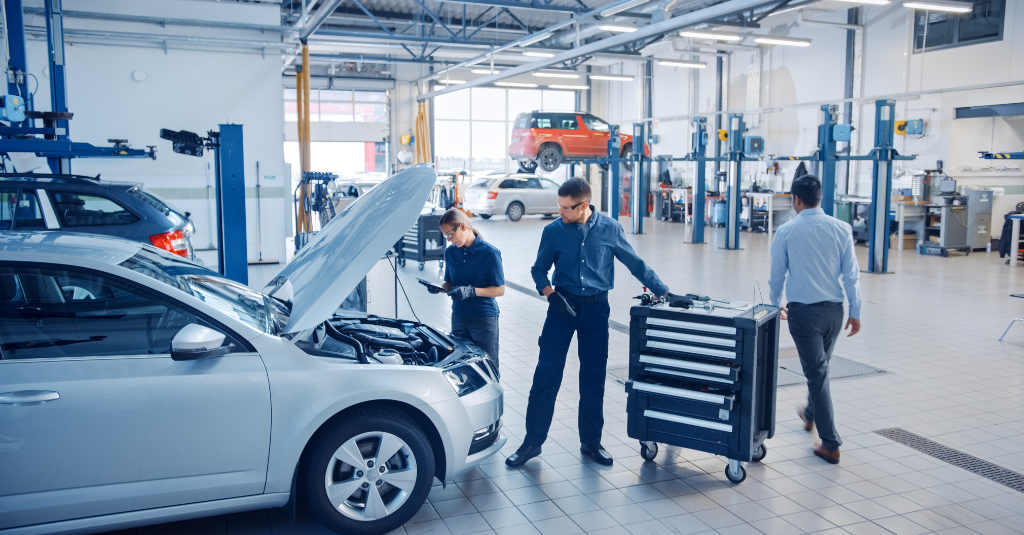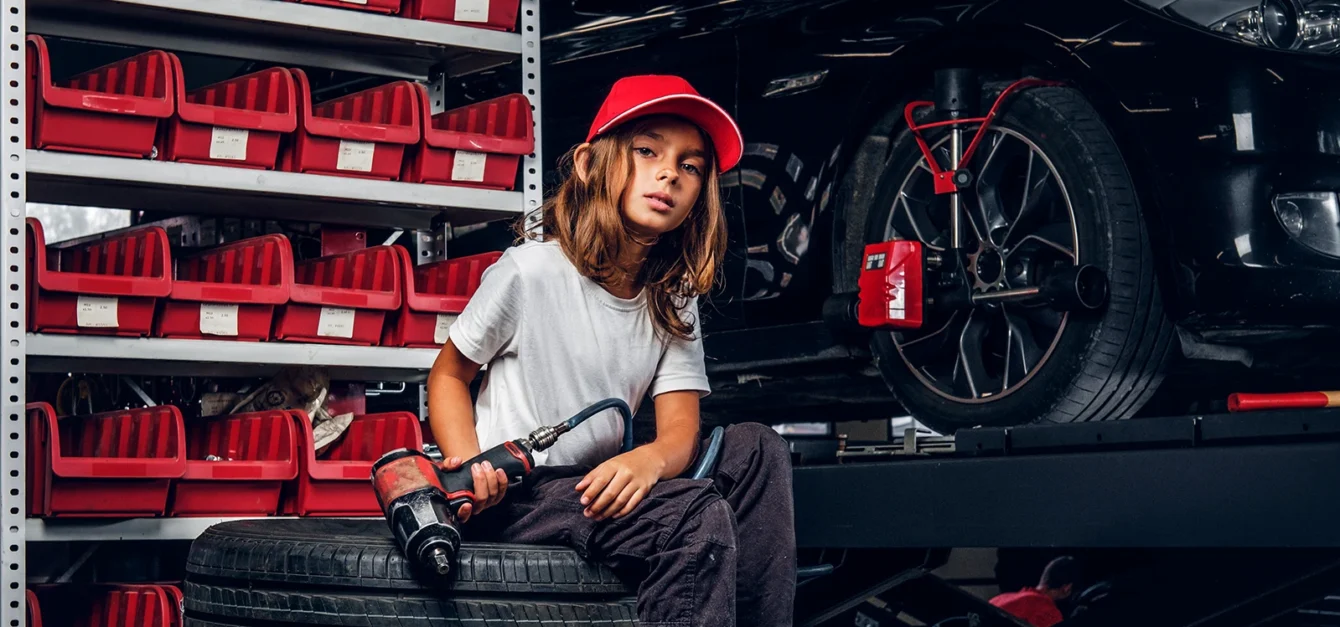The Most Commonly-Required Auto Repairs
Routine Oil Changes and Their Importance
One of the most frequent auto repairs that car owners encounter is the routine oil change. This essential maintenance task involves draining the old engine oil and replacing it with fresh oil, which helps to lubricate engine components, reduce friction, and prevent overheating. Neglecting regular oil changes can lead to engine damage and significantly reduce the lifespan of a vehicle. Typically required every 3,000 to 5,000 miles, based on driving habits and manufacturer recommendations, oil changes are a critical component of a vehicle’s maintenance schedule.

Brake Pad Replacement and Brake System Care
Brake pad replacement is another common service encountered in the world of auto repairs. Over time, the friction material on brake pads wears down, reducing their ability to stop the vehicle effectively. This wear can result in squeaking noises or a noticeable decrease in braking performance. Ensuring that brakes are in top condition is crucial for safety on the road. Regular inspections and timely replacements not only enhance safety but can also prevent more extensive and costly brake system repairs in the future.
Tire Maintenance and Essential Replacements
Proper tire maintenance not only improves vehicle performance but also boosts safety. Common tire-related repairs include rotations, balancing, and replacements due to wear or punctures. Tires are the only contact point between a vehicle and the road, so ensuring they are in optimal condition is vital. Regular inspections can prevent uneven tire wear and identify issues like misalignment or pressure imbalances early on. Investing in quality tires and keeping them well-maintained can lead to better fuel efficiency and a more comfortable ride.
Battery Replacement and Electrical System Checks
A vehicle’s battery plays a crucial role in powering the electrical system, starting the engine, and ensuring all electronic components function correctly. Over time, batteries can lose their charge, leading to difficulties in starting the vehicle. Regular battery checks are vital to ensure it holds a charge and operates efficiently. If a battery shows signs of weakness, it’s best to consider a replacement before it fails entirely. Frequent electrical system inspections also help identify other underlying issues, such as alternator or wiring problems, which can prevent future breakdowns.
Engine Diagnostic Tests and Scheduled Maintenance
Diagnosing check engine lights and performing routine maintenance are essential parts of keeping a vehicle in good working condition. Engine diagnostic tests can identify issues early, even before symptoms appear. Mechanics use these diagnostics to detect problems in various systems, ensuring that the vehicle operates efficiently and preventing small issues from escalating into major repairs. By adhering to a regular maintenance schedule, drivers can extend the longevity of their vehicles, improve performance, and save money in the long run by addressing minor problems before they become costly repairs.

